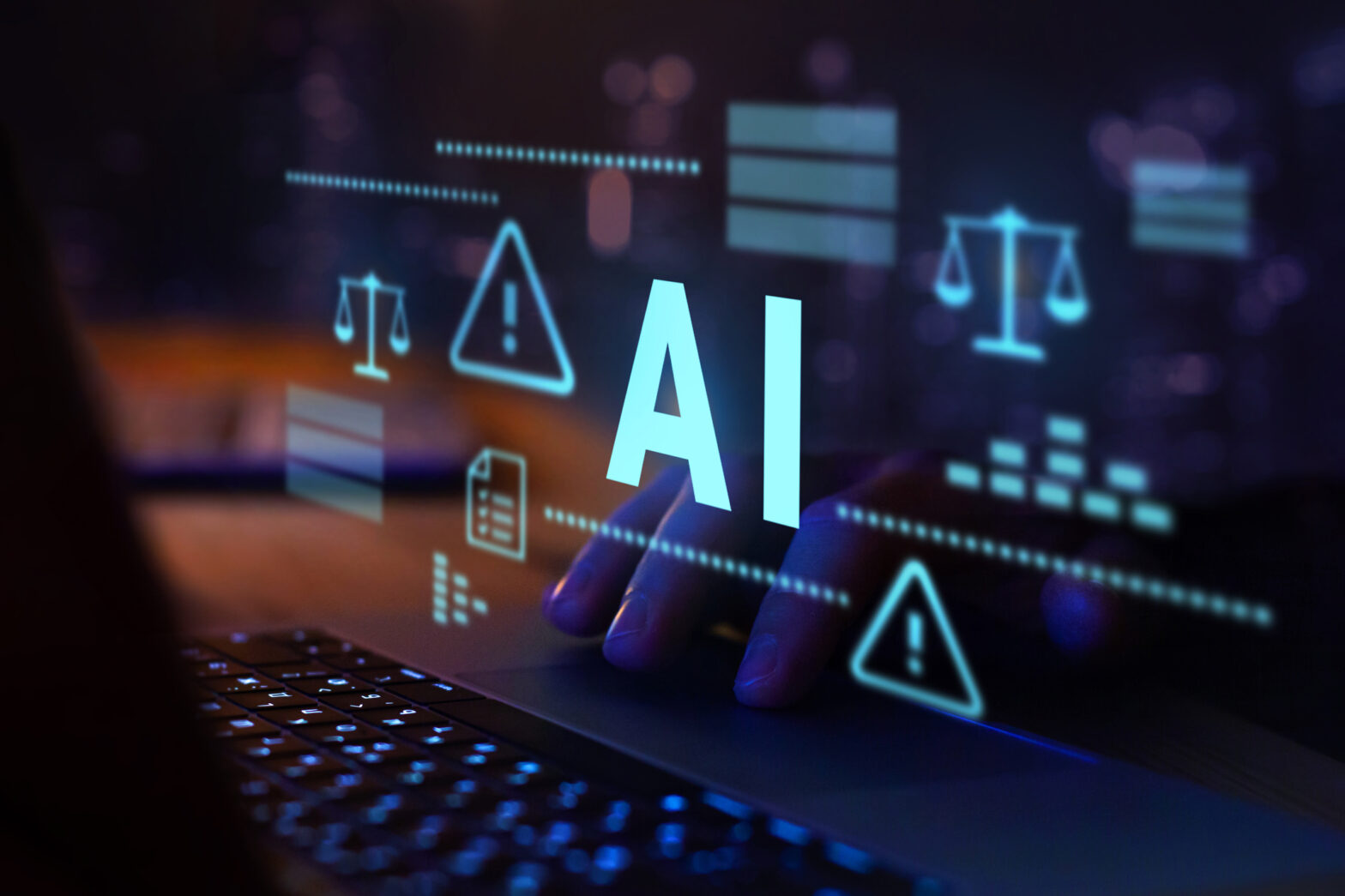The number of organisations implementing forms of artificial intelligence (AI) — machine learning, deep learning, automation etcetera — has grown astronomically over the past four years — by 270%, according to Gartner*.
This incremental growth has no signs of slowing down (indeed, the opposite), and AI deployment in organisations has tripled in the past year.
Results showed that organisations across all industries use AI in a variety of applications, but struggle with continuing talent shortages. It is a democratic technology, although those with the best data sets will gain the greatest advantage from using it.
The top 10 strategic technology trends for 2019, according to Gartner
The AI society
“Four years ago, AI implementation was rare, only 10% of survey respondents reported that their organisations had deployed AI or would do so shortly. For 2019, that number has leapt to 37% — a 270% increase in four years,” said Chris Howard, research vice president at Gartner. “If you are a CIO and your organisation doesn’t use AI, chances are high that your competitors do and this should be a concern.”
The deployment of AI has tripled in the past year — rising from 25% in 2018 to 37% today.
Why the big jump?
Well, AI capabilities have matured significantly and businesses are, now, more willing to implement the technology.
“We still remain far from general AI that can wholly take over complex tasks, but we have now entered the realm of AI-augmented work and decision science — what we call ‘augmented intelligence’,” Howard added.
CIOs — or those implementing AI — have realised that sustainable digital transformation and task automation go hand in hand. AI has become an integral part of every digital strategy and is already used in a variety of applications.
In telco organisations, for example, Gartner found that 52% deploy chatbots, while 38% of healthcare providers rely on computer-assisted diagnostics. Other operational use cases for AI are fraud protection and consumer fragmentation.
A guide to artificial intelligence in enterprise: Is it right for your business?
The more organisations work with AI, the clearer the deployment challenge becomes. But, there is the age old challenge: talent — 54% of respondents said the skills shortage is the biggest challenge facing their organisation.
(54%, however, isn’t an overwhelming majority. So, there must be other hurdles — perhaps, leadership transparency/buy-in, cultural resistance, poor data sets or understanding of the technology are others that need to be addressed).
“In order to stay ahead, CIOs need to be creative. If there is no AI talent available, another possibility is to invest in training programmes for employees with backgrounds in statistics and data management. Some organisations also create job shares with ecosystem and business partners,” Howard said.
Which companies are leading the way in AI recruitment?
Over the last three years the demand for workers with artificial intelligence skills has increased by up to 119%, with AI related jobs and roles nearly doubling, according to RS Components.
These unique skills are in high demand amongst some of the biggest tech companies across the world, but which company is leading the way when it comes to AI recruitment?
RS Components has analysed job posts from some of the world’s biggest tech companies to discover who has the highest percentage of AI-related job openings. You can view the interactive graphic here.
• Microsoft leads the way with 1,964 AI job openings, equating to 36% of total jobs they have on offer.
• Nvidia follows in second place with 837 of AI job openings, equating to 33% of total jobs they have on offer.
• Popular social platform Facebook and streaming platform Netflix make it into the top ten, with Facebook offering 191 jobs in AI, 6% of total, and Netflix offering 35, also making up 6% of the total jobs they have on offer.
• The largest tech company in the world, Apple, comes in at number 12 with 129 AI jobs on offer, only 3% of their total 4,574 jobs on offer.
• Jeff Bezos’ e-commerce platform, Amazon, comes in 15th, offering 297 roles in AI, 2% of its total 18,781 jobs on offer.
*The purpose of the 2019 Gartner CIO Survey is to help CIOs and other IT leaders set and validate their management agendas for the coming year. Gartner gathered data from more than 3,000 CIO respondents in 89 countries across major industries, representing $15 trillion in revenue and public-sector budgets and $284 billion in IT spending.










